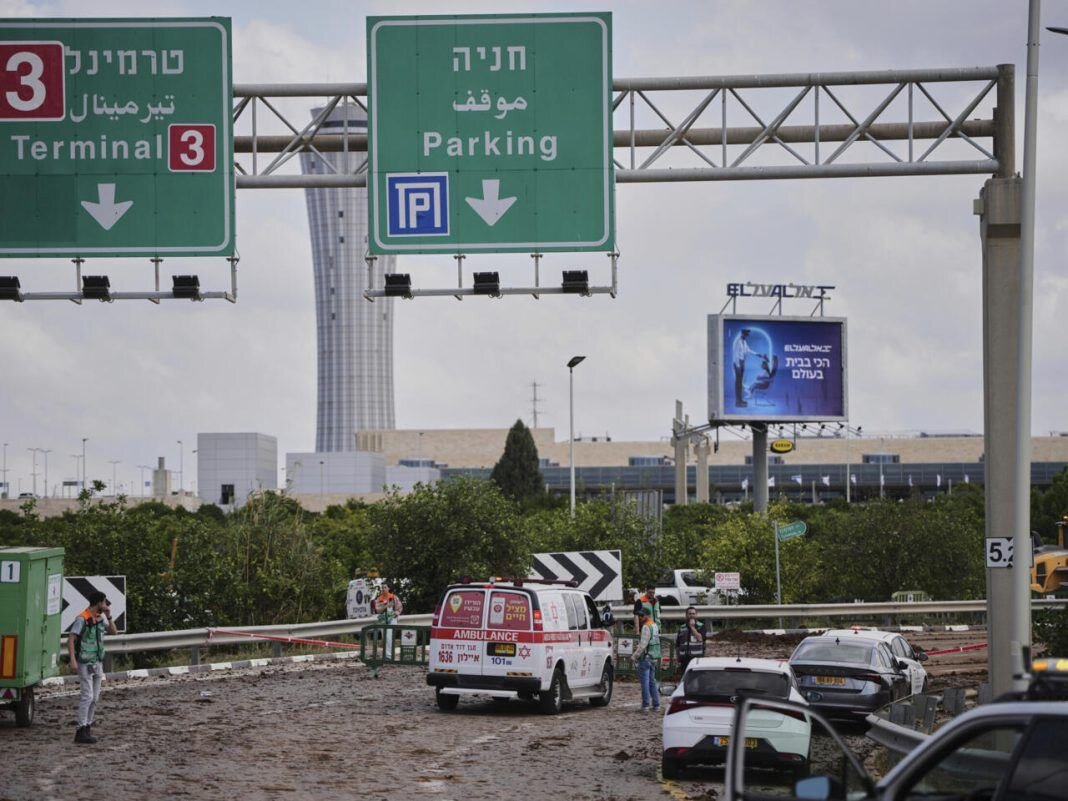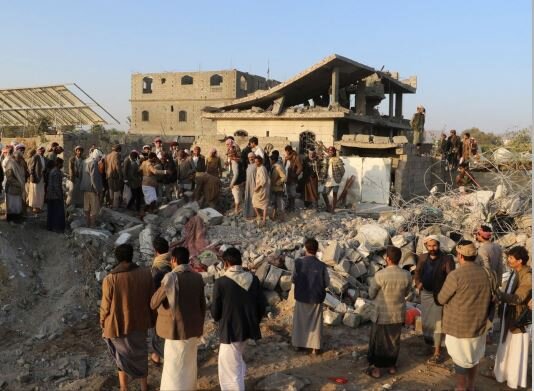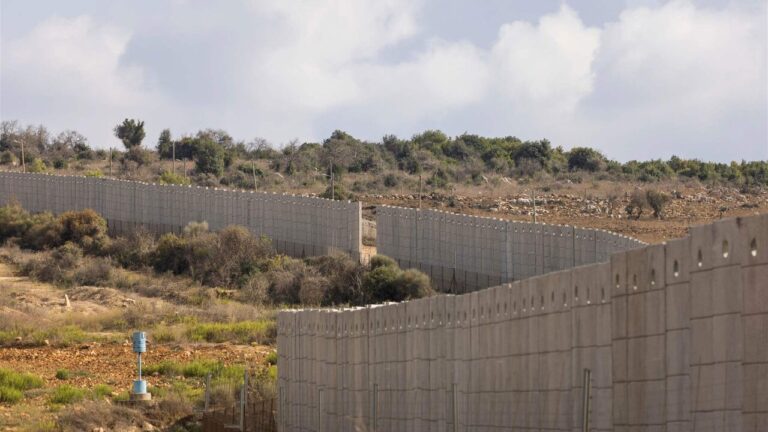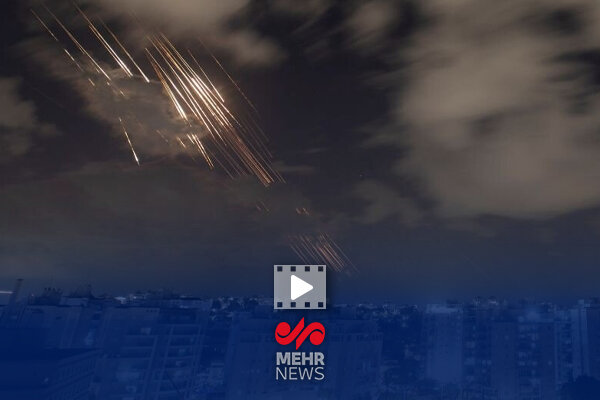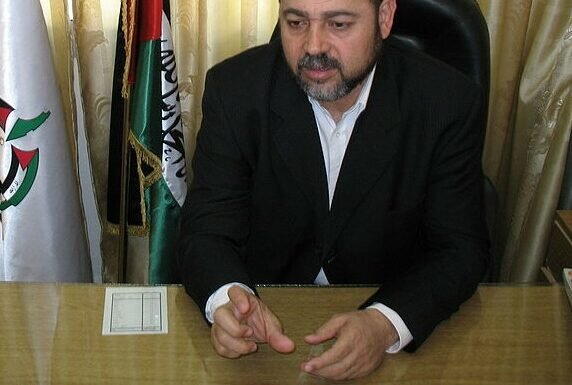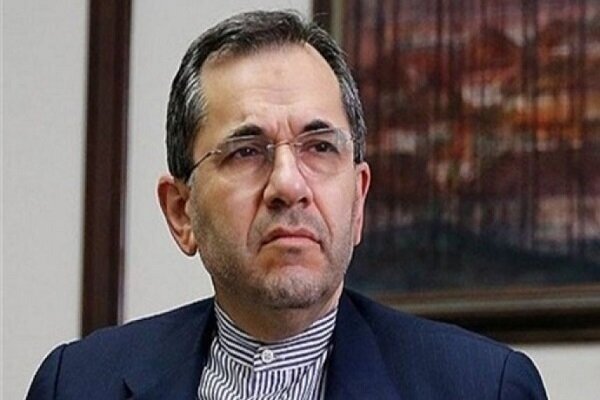Yemen Shakes Up the Region with Bold Strike on Ben Gurion Airport
Yemeni forces have made headlines recently by targeting Ben Gurion Airport in Tel Aviv, declaring it “no longer safe.” This significant military action has raised concerns about air travel safety in the region, particularly for international airlines. Brigadier General Yahya Saree, spokesperson for the Yemeni Armed Forces, confirmed that the missile struck its intended target with precision, while both Israeli and American air defense systems reportedly failed to respond effectively.
The aftermath of the missile strike resulted in a complete suspension of airport operations for over an hour, compelling millions of Israelis to seek shelter. Yemeni forces wasted no time in reiterating their warnings to international airlines, advising them to steer clear of Ben Gurion Airport, which they have labeled as an unsafe airspace.
According to reports from Israeli media, the missile landed dangerously close to Terminal 3, creating thick smoke and halting all air traffic. This disruption extended to train services in the vicinity, with several injuries also being reported. Air raid sirens were activated across central Israel as attempts to intercept the missile failed. Sources within Israeli media indicated that the missile overwhelmed defense systems, leading to widespread panic among civilians.
Channel 12 highlighted Israeli security assessments that confirmed the failure of both the Arrow 3 and the U.S.-supplied THAAD missile defense systems to intercept the projectile. In an acknowledgment of the limitations of military technology, Israeli outlets remarked, “There is no air defense system that offers 100% protection, regardless of its sophistication.”
Reports suggest that the impact of the missile created a crater approximately 25 meters deep in the airport’s vicinity in Lod. Images of the damage quickly circulated through various Western media outlets, showcasing the severity of the attack. Military analysts suspect that the missile utilized in this operation was a newly developed model, reflecting Yemen’s advancements in military technology. Recent regional reports have also emphasized Yemen’s enhancements to its strategic missile arsenal, which now includes radar-evading capabilities and upgraded air defense systems.
Despite facing relentless aggression, Yemeni forces are believed to be expanding their hypersonic missile stockpile alongside advancements in drone and naval weaponry. In a separate operation, Yemen confirmed a drone strike using a Yafa drone targeting a significant Israeli site in the Ashkelon region.
The Yemeni Armed Forces have expressed their commitment to continue these operations, framing them as part of their “religious and humanitarian duty toward the Palestinian people.” They pledged to resist American aggression and maintain support for Gaza until the ongoing conflict is resolved and the siege is lifted.
Mahdi al-Mashat, head of Yemen’s Supreme Political Council, conveyed that Sanaa had “warned the Americans indirectly” about the potential for escalation, but these warnings were overlooked due to a false sense of security in U.S. defense systems.
In response to the strike, Hamas commended Yemen for its “blessed attacks” deep within Israeli territory, interpreting them as a testament to Yemen’s unwavering commitment to the Palestinian cause. The resistance movement praised Yemen’s leadership and populace for their courage, urging Arab and Islamic nations to fulfill their moral obligations to support Palestine.
- Abu Obeida, spokesperson for the al-Qassam Brigades, emphasized Yemen’s defiance against oppression and its ability to breach advanced defense systems.
- He addressed the Yemeni people directly, stating: “You are part of us, and we are part of you. May God guide your strikes and accept your sacrifices.”
The Palestinian Islamic Jihad also lauded the operation, recognizing Yemen’s bravery and unyielding support for Gaza amid significant sacrifices. Meanwhile, the Popular Front for the Liberation of Palestine (PFLP) characterized the strike on Ben Gurion Airport as a “qualitative leap in Yemen’s response,” symbolizing unity between Gaza and Sanaa. They underscored that the operation conveyed a critical message: Israeli and American military defenses are becoming increasingly vulnerable.
The Resistance committees echoed this sentiment, stating that the strikes illustrate “the failure of U.S. aggression against Yemen.” They praised the technological advancements made by Yemeni forces as a pivotal step toward a new phase of resistance.
In addition, the Mujahideen Movement hailed the operation as a “strategic Yemeni strike” that successfully overwhelmed the joint Zionist-American defense systems. They called upon Arab nations to break their silence and follow Yemen’s lead in defending the Islamic world and the Palestinian people.
This recent escalation in military activity has not only heightened tensions in the region but has also sparked discussions about the effectiveness of existing defense systems. The implications of these developments could have far-reaching consequences for air travel safety and military strategy in the Middle East.
As the situation unfolds, it remains crucial for international observers to monitor the responses from both Yemeni forces and Israeli authorities, as well as the reactions from various political entities across the globe.
